From immunisations to checkups and preventive care, exams, our vets and nurses work hard to keep your pet healthy and strong each and every day.


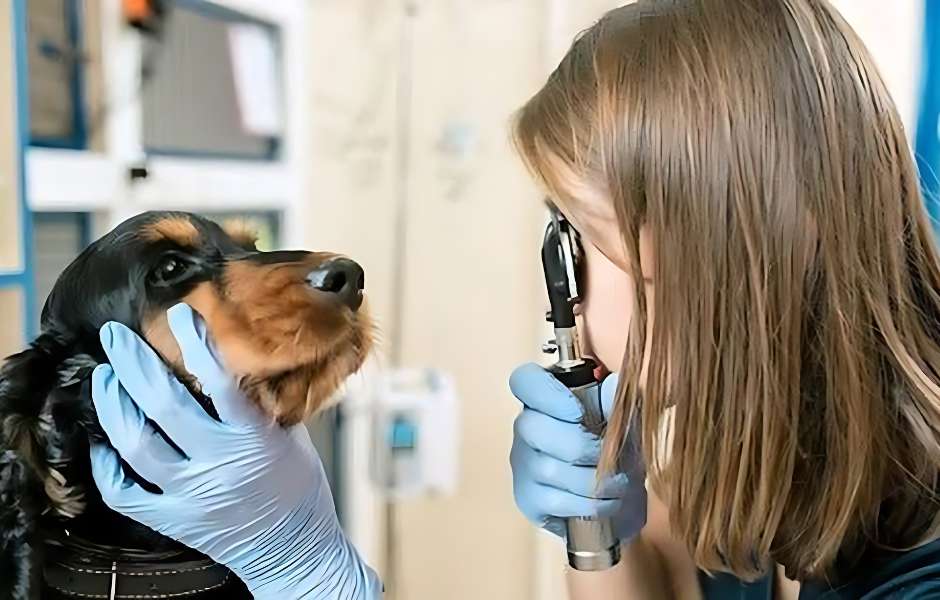
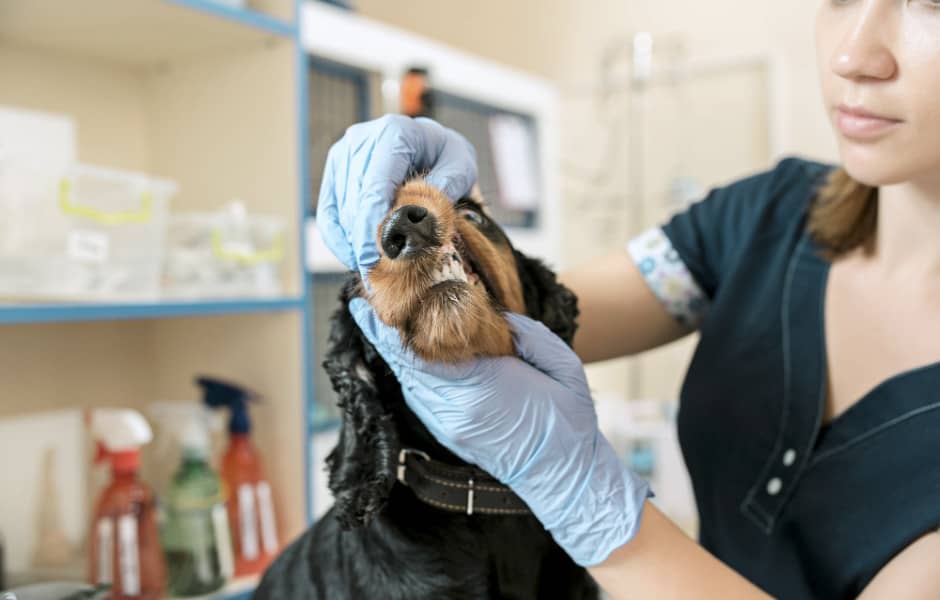
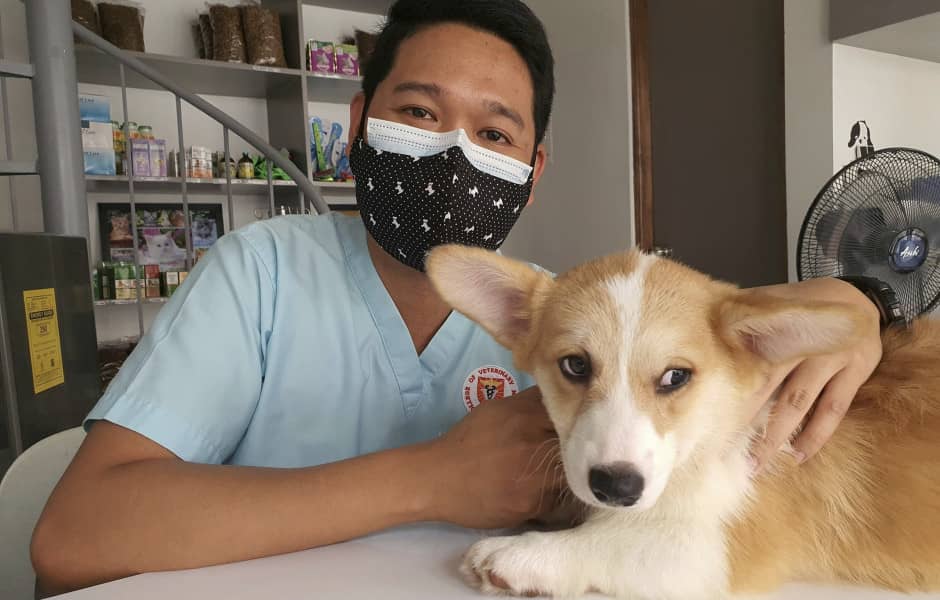
Our fantastic team of nurses are able to carry out a range of procedures and clinics without the need to book a vet consultation.
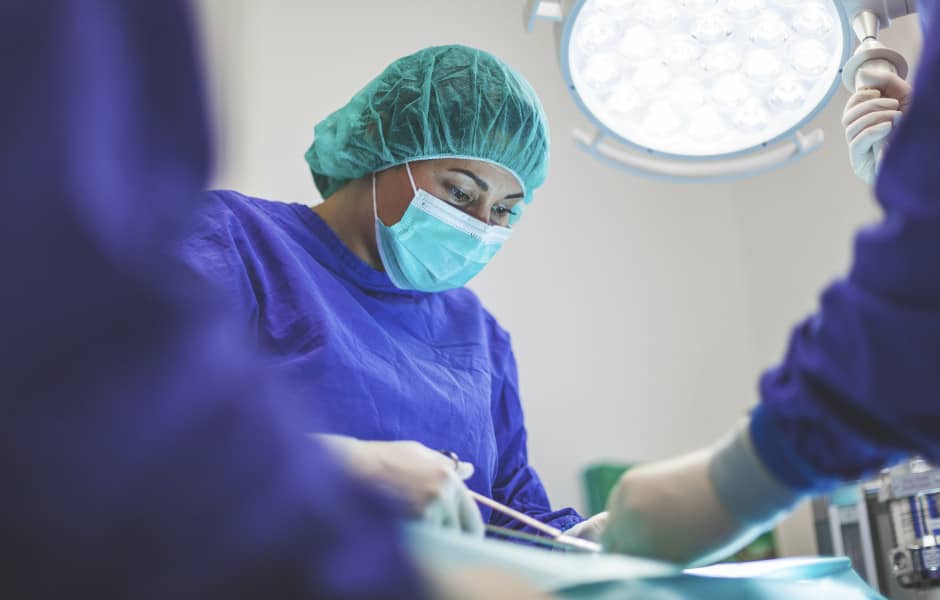
Our skilled team of veterinary surgeons are able to carry out a range of surgical procedures like spaying and castrating as well as more advanced procedures.
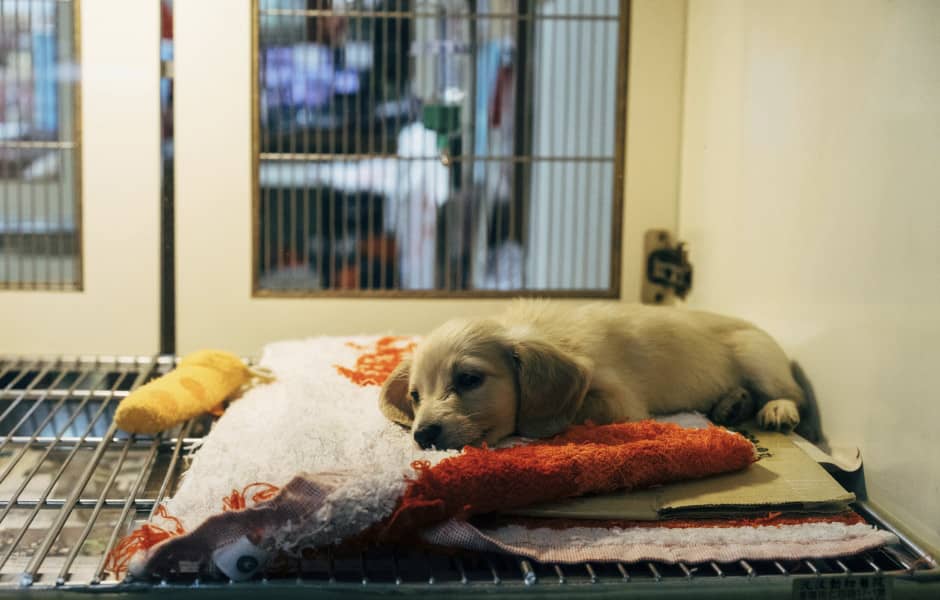
We provide comfortable and secure hospital facilities whether your pet has been admitted for a short or a long stay. Our team of dedicated nurses take great care in ensuring that they are happy and comfortable.
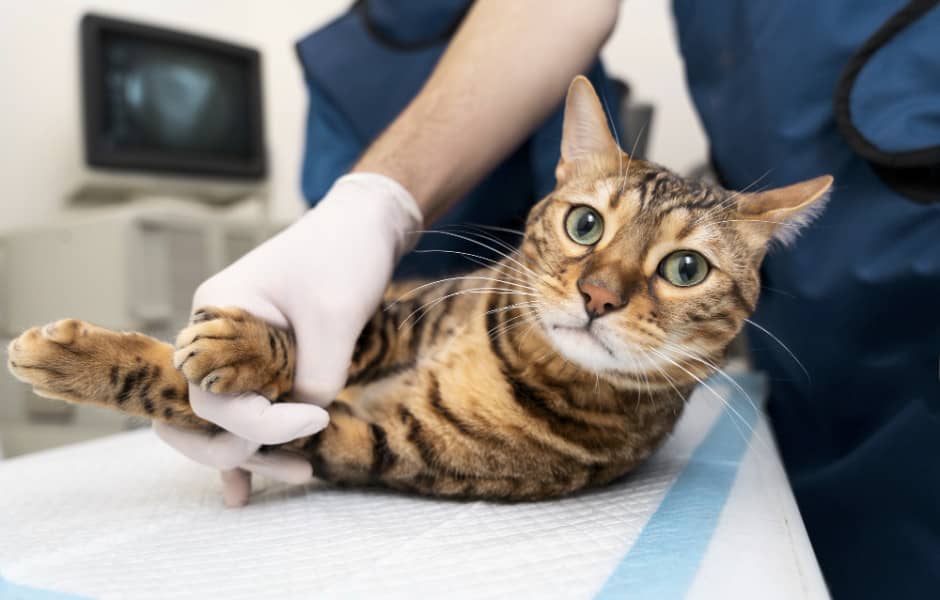
Drop off times for surgery are between 8.30 -10 am unless a different time has been agreed previously with a member of staff.
If your pet has been unwell or not been starved please make staff aware prior to anaesthesia.
Please be aware a consent form will need to be signed by law upon arrival by an owner (or someone acting on behalf of the owner) and must be over 18 years of age.
It is important to leave us a contact number we can reach you on at all times during the day so please inform us if your contact details have changed. This is especially important whilst your pet is under our care.
The larvae of the lungworm parasite are carried by slugs and snails. Infection can result when dogs purposefully or accidentally eat these common garden pests when rummaging through undergrowth, eating grass, drinking from puddles or pick them up from their toys. Even contact with the slime can cause an infection, a food bowl or ball that has come into contact with an infected slug or snail could be a potential source of the larvae. Foxes can become infected with lungworm and frogs can also carry the larvae, presenting a risk to dogs.
Lungworm was previously a disease infrequently seen in the UK. However, over the last several years veterinarians are increasingly seeing cases in the London area, probably due to increasing slug and snail numbers and urbanisation of foxes. These factors make Lungworm a year round rather than a seasonal threat. Lungworm can be a fatal disease as it causes severe damage to lungs and bleeding disorders. By the time symptoms are noted, the disease has usually progressed quite far.
Due to the increasing frequency of lungworm cases in London we currently recommend that all dogs receive a spot-on product or an easy-to-give chew, once a month for the prevention of Lungworm infection.
The decision about whether to have your pet neutered needs to be considered. We advise neutering as it is beneficial for the health of your pet (reducing the chance of cancer and infections of the uro-genital tract) and preventing unwanted litters from being born. Dogs are neutered generally at 6 months and cats slightly younger.
Neutering
Neutering is the surgical removal of the sex organs.
Spaying
Neutering a female is known as ‘spaying’ the procedure is an ovario-hysterectomy. This involves the surgical removal of the ovaries and uterus. A mid-line incision is made on the underside of the tummy in a dog or cat or a small flank incision is made in the cat.
Castration
Neutering a male dog or cat means that the testes are surgically removed. A small incision is made in front of the testicles in the dog or both sides of the scrotum in the cat.
Occasionally a male’s testicles do not descend, this is known as ‘cryptorchism‘. The testes need to be surgically removed as there is also an increased chance of cancer developing.
Brucella, or Canine Brucellosis as it is also known is an infectious disease caused by a bacterium called Brucella Canis. It can affect several organs in a dog and impacts the dog’s ability to breed. It is zoonotic meaning it can spread to humans and cause disease in people. Dog to human transmission is rare, but the disease and outcomes can be serious, especially with the young, old, anyone who is immunocompromised or pregnant.
There has recently been an increase in the number of dogs being diagnosed with B. canis in the UK with 3 diagnoses pre-2020 and 97 diagnoses in 2023 (to June 2023). Most cases have been in dogs imported into the UK from Eastern Europe, or linked to imported dogs from Eastern Europe.
All UK cases have been in dogs that have either been imported, have mated with an imported dog, have had contact with the birthing products of an imported dog, or are the offspring (puppy) of an imported dog.

Protecting your pets against some of the major fatal infectious diseases is an essential part of our work. We offer a range of modern vaccination protocols for pets to ensure they remain healthy.
Speak to our team on the various benefits of vaccination and the range we offer. We always offer a free complimentary health check at the time of vaccination.

We are currently accepting new clients for routine consultations, surgical and reproduction cases.
A pre-operation consultation is required in all cases.

We understand that some medications may be sourced more cheaply via online retailers. We are therefore always happy to provide a private written prescription if requested.
However, we are only able to prescribe POM-Vs for animals “under our care”. To comply with this legislation, our policy is to re-examine these pets at least every six months, though this may vary in individual circumstances.
Address:
319 Station Road, South Hayes UB3 4JF
Tel:
020 8848 1818
Address:
222 Uxbridge Road, Feltham TW13 5DL
Tel:
020 8893 7888
If you require out of hours emergency care, please contact:
Fill out the form below, and we will be in touch shortly.
For new clients, please register here.